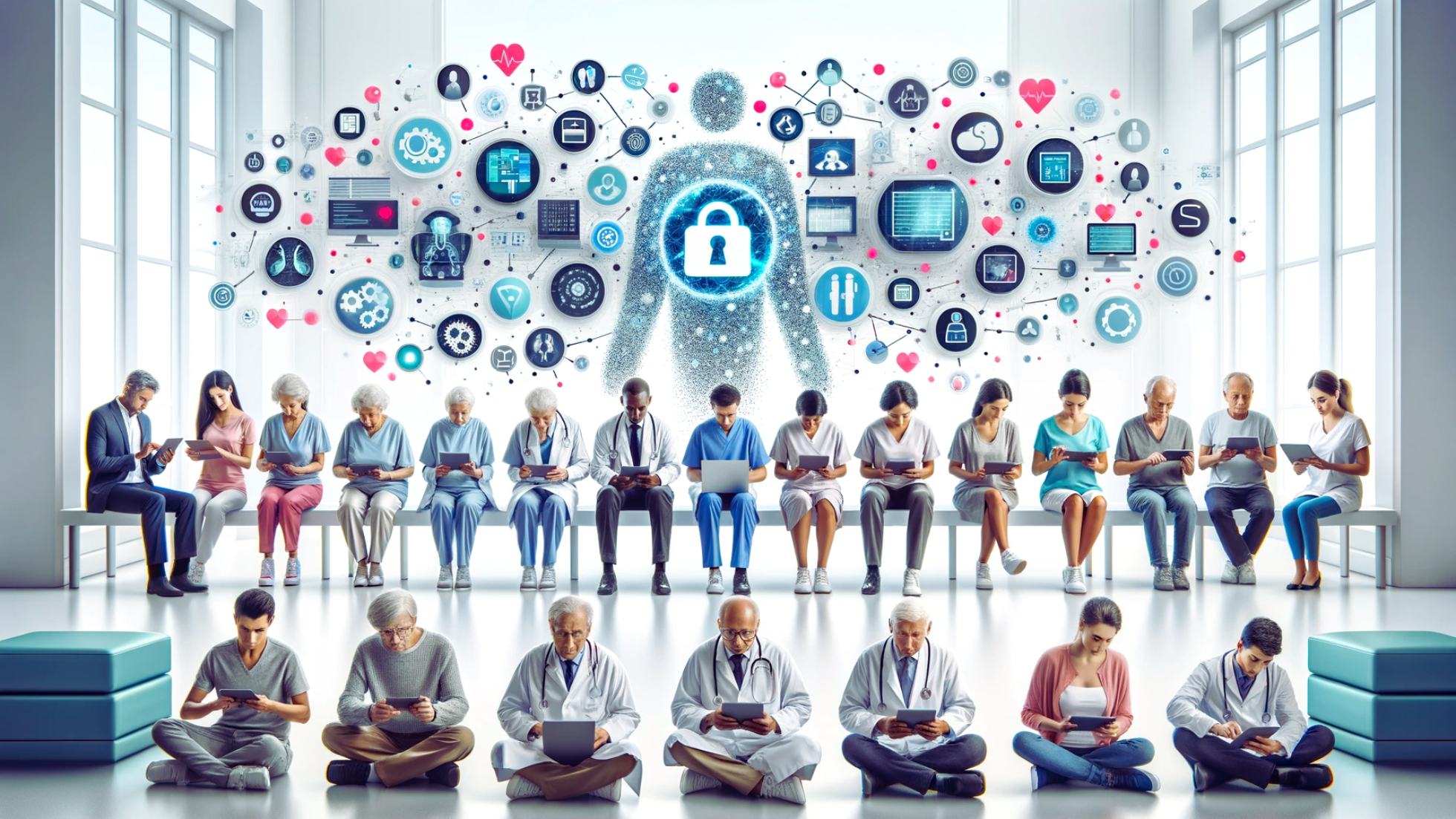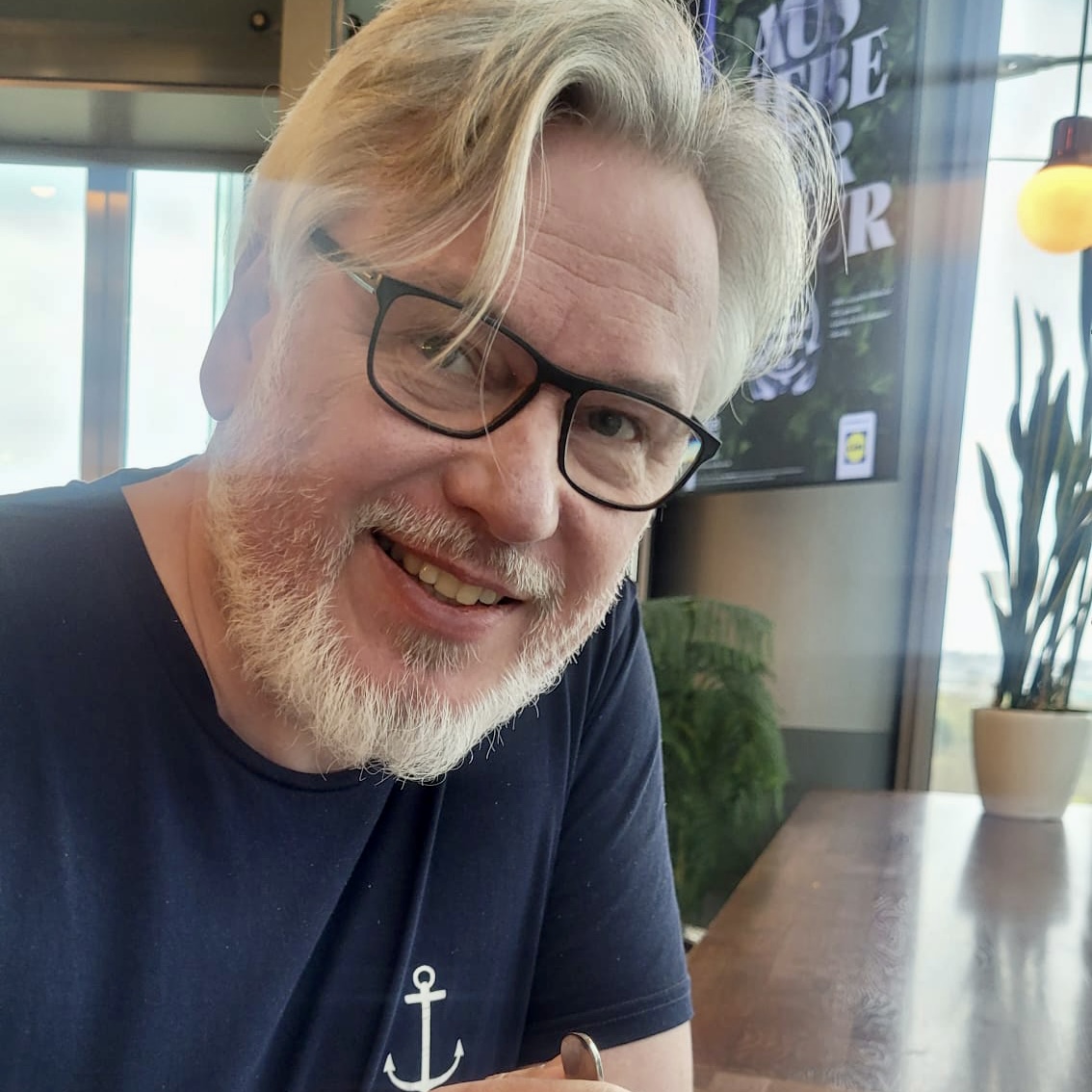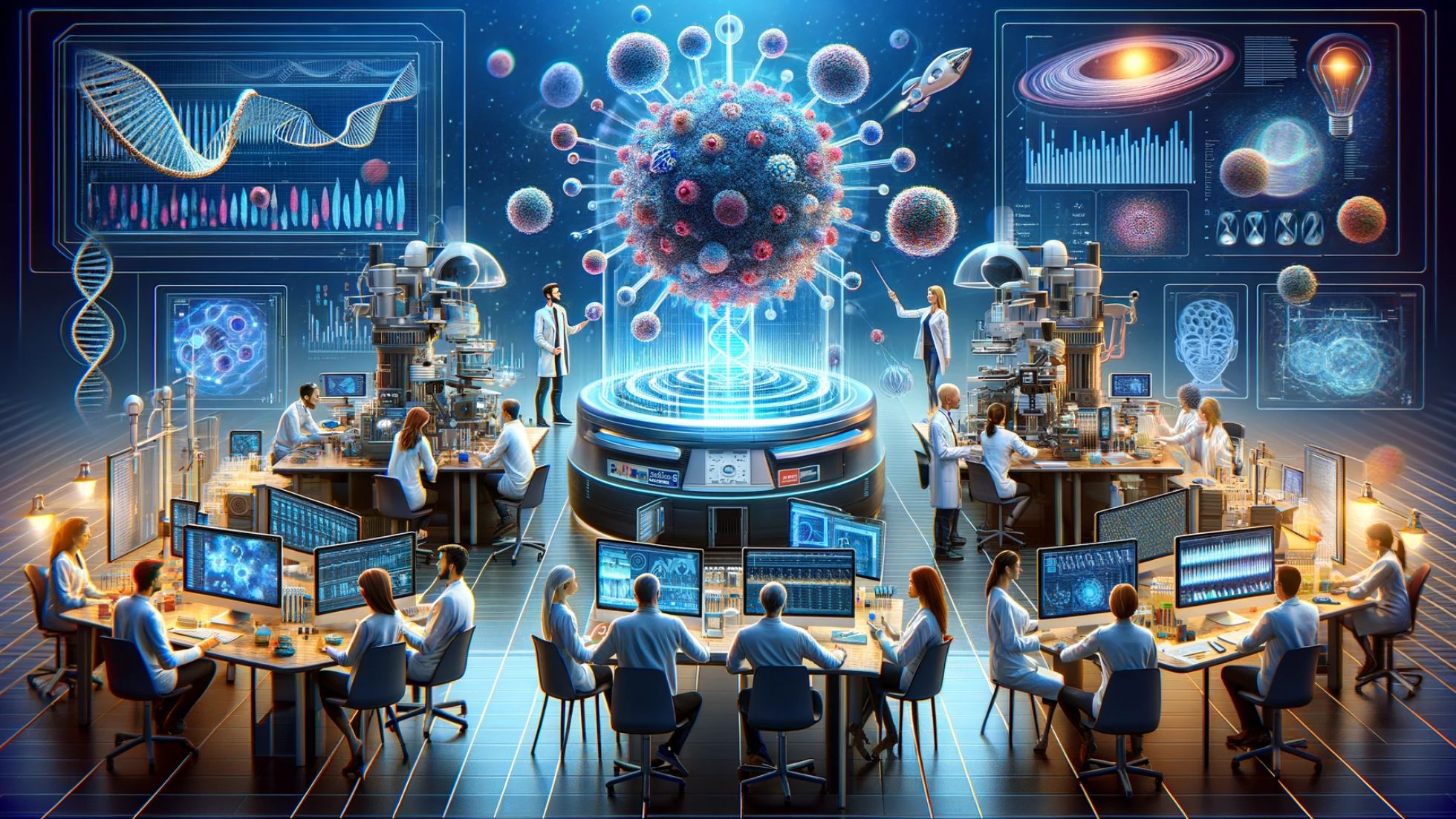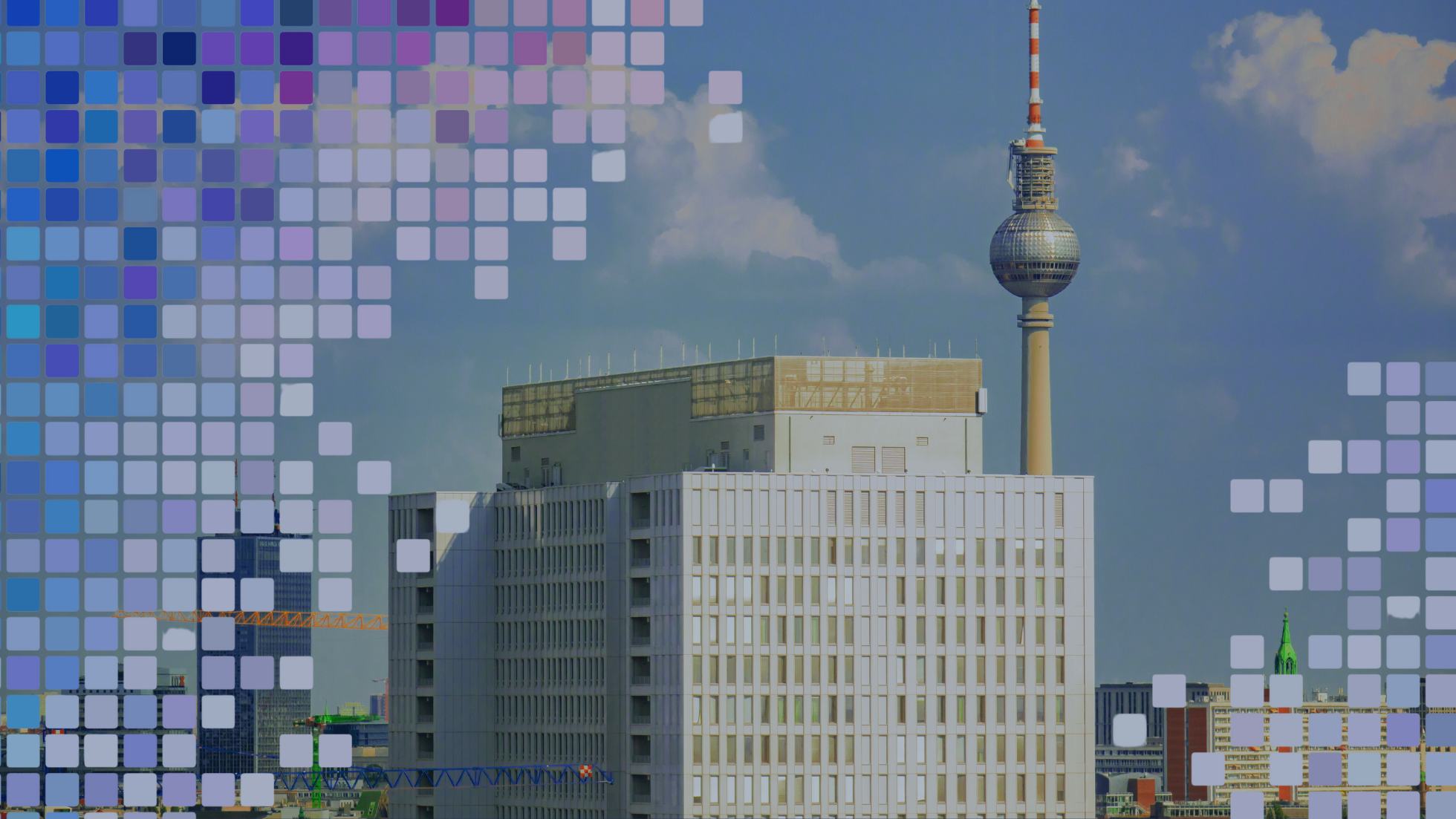The recent partnership between One Biosciences and Assistance Publique - Hôpitaux de Paris (AP-HP) is a major leap forward in precision medicine. This collaboration is all about single-cell analysis for a rare kidney disease, and it's a perfect example of how generative AI is revolutionizing healthcare. In this article, we'll dive into the exciting ways that generative AI is reshaping healthcare and sciences. We'll also take a closer look at how patient data is handled safely and integrated back into AI models, as well as the democratization of this technology for better safety and accessibility.
The Partnership that Paves the Way
One Biosciences, a biotech company specializing in single-cell analysis and AI, has joined forces with AP-HP, a consortium of Parisian hospitals, to research a rare kidney disease. Leveraging anonymized patient samples and clinical data, the partnership aims to identify new therapeutic targets and develop precision medicines and biomarkers (1). This collaboration showcases the potency of combining AI with biotechnology in diagnosing and treating complex diseases.
The Role of Generative AI in Healthcare
Generative AI is revolutionizing healthcare by harnessing its powerful ability to analyze large datasets, including genetic information, patient records, and clinical trial data. This transformative technology has the capacity to uncover hidden patterns and relationships that are not discernible to the human eye, resulting in groundbreaking discoveries and personalized treatment plans. The implications of generative AI in healthcare are vast, ranging from accelerating drug discovery to enabling predictive diagnostics and personalized medicine.
Safe Handling of Patient Data
One of the primary concerns in healthcare AI revolves around protecting the confidentiality and security of patient data. Companies like One Biosciences prioritize maintaining the highest standards of data privacy and security. They employ anonymization techniques, robust encryption, and strict access controls to safeguard patient confidentiality while utilizing data for research purposes. Given that generative AI models process large volumes of data, it is imperative to ensure that this data remains depersonalized and secure to adhere to ethical and legal guidelines.
Injecting Data Back into AI Models
The utilization of data in AI follows a continuous loop, where insights gained from AI analysis, such as potential disease biomarkers or treatment responses, are fed back into the models to enhance their predictive accuracy and capabilities. This iterative process plays a crucial role in the advancement of AI in healthcare, allowing models to adapt and improve over time. However, it is essential to uphold the integrity and confidentiality of the data reintroduced into these models.
Democratizing Technology for Improved Safety and Accessibility
Promoting the accessibility of AI technology in healthcare to a broader audience of researchers, clinicians, and patients is a crucial element of democratization. This not only drives innovation and accelerates medical advancements but also enhances safety. By involving more individuals in the process, there is a greater likelihood of identifying potential errors or biases, resulting in more robust, secure, and ethically sound AI applications.
Conclusion
The collaboration between One Biosciences and AP-HP is just the beginning of the amazing possibilities generative AI brings to healthcare. As we move forward, the importance of handling patient data with care and using AI responsibly will only increase. By democratizing these technologies, we not only provide wider access to cutting-edge healthcare solutions but also reinforce their safety and reliability. In this era of medicine, generative AI shines as a beacon of hope, innovation, and limitless potential in transforming healthcare and improving patient outcomes.
References
One Biosciences is operating a ‘discovery engine’ leveraging single cell technologies to identify new therapeutics for difficult to treat diseases. One Biosciences combines the power of A.I. and single cell technologies to discover new therapeutic targets. One Biosciences https://onebiosciences.fr/ (2023).
AP HP (Greater Paris University Hospitals) is a European world renowned university hospital. Its 39 hospitals treat 8 million people every year: in consultation, emergency, during scheduled or home hospitalizations. https://www.aphp.fr/ (2023)
(1) One Biosciences Partners With AP-HP to Launch a Single-cell Research Project on a Rare Kidney Disease. TradingView https://www.tradingview.com/news/reuters.com,2023-11-10:newsml_GNX1jfhGH:0-one-biosciences-partners-with-ap-hp-to-launch-a-single-cell-research-project-on-a-rare-kidney-disease/ (2023).




